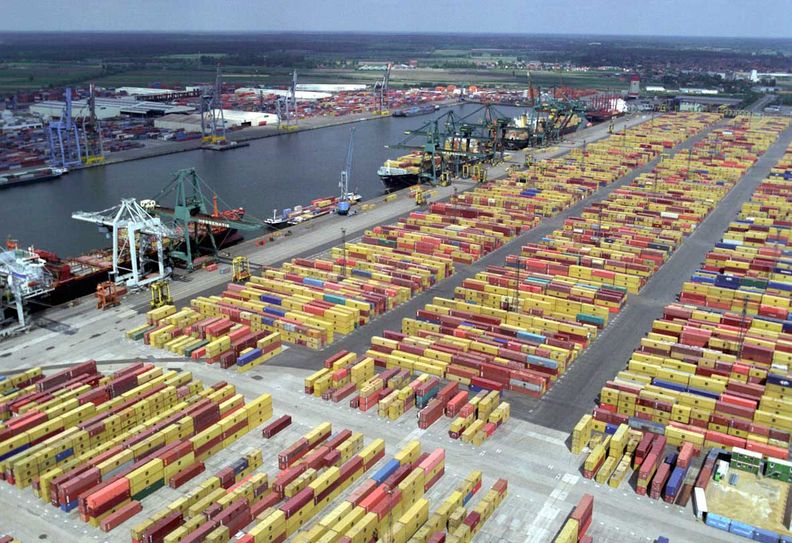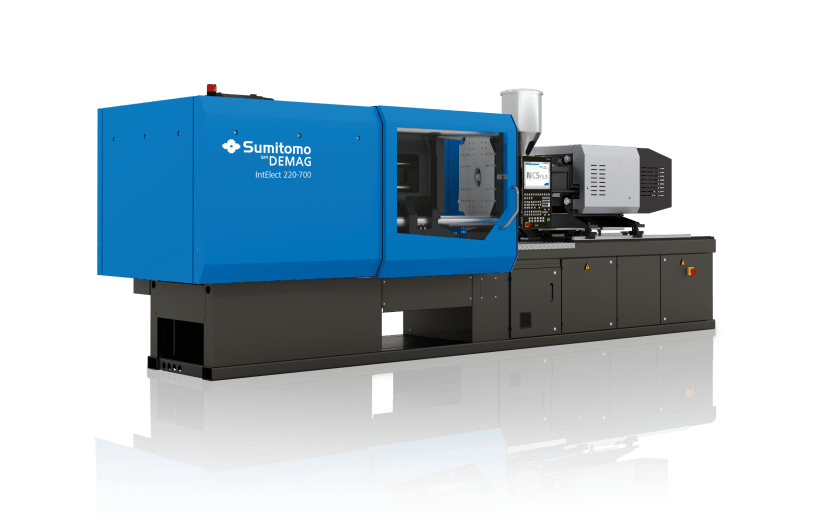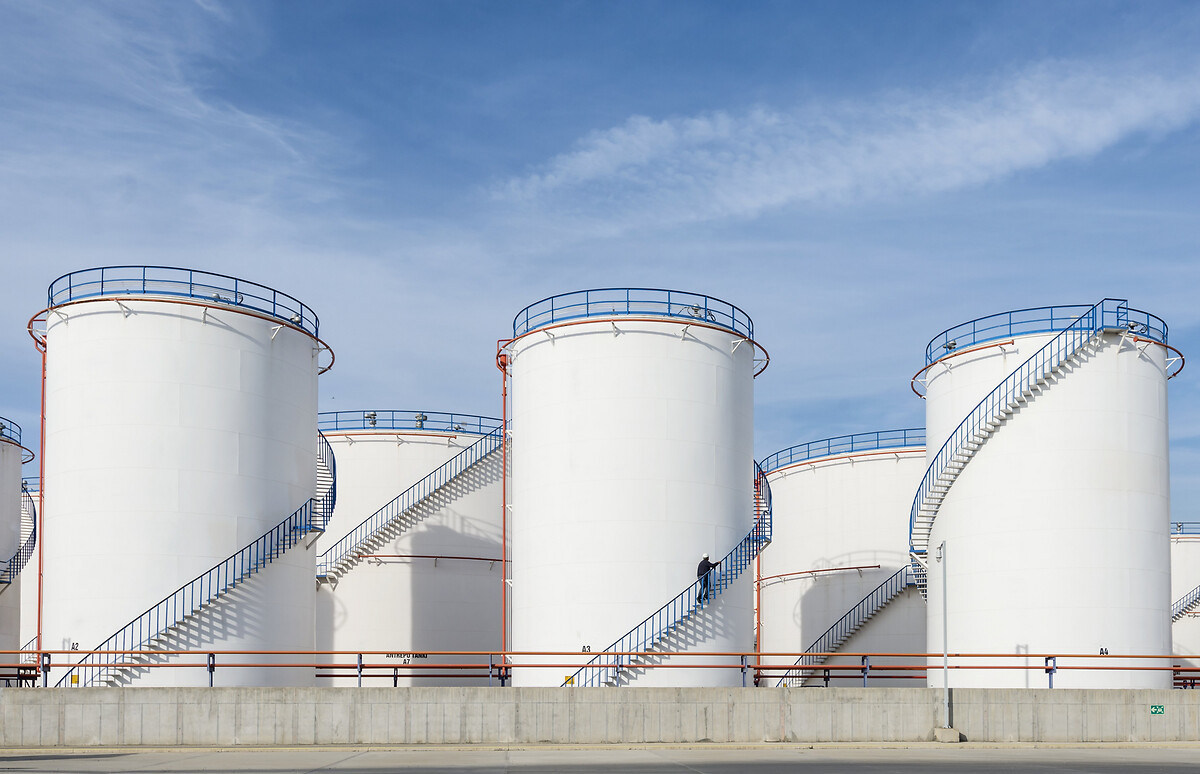Vioneo is moving forward with its plans to build a 300,000 tonnes/year polypropylene (PP) and polyethylene (PE) plant using green methanol as feedstock in the Port of Antwerp, Belgium.
The company was established in September 2024 as a subsidiary of A.P. Moller Holding, the investment group of Danish shipping and logistics company Mærsk.
Vioneo announced it will use Honeywell’s methanol-to-olefin (MTO) technology to produce plastics without the need for traditional feedstock made from fossil fuels.
Honeywell’s MTO technology will enable Vioneo to use green methanol, containing only biogenic carbon, in place of coal and crude oil in PP and PE production.
MTO technologies use specialised catalysts in a fluidised bed reactor to promote the conversion of methanol into ethylene, propylene, and water.
Vioneo will also deploy Honeywell’s light olefins recovery process and olefins cracking process to ensure high-purity ethylene and propylene output while capturing and reusing byproducts. This approach was designed to minimise waste, save energy, reduce costs, and maximise yield.
“Vioneo aims to help transition the plastics industry by demonstrating that large-scale, cleaner production is economically viable using green methanol as an alternative to fossil fuel,” said Alex Hogan, Vioneo’s CEO. “This initiative offers Europe a chance to lead the €5 trillion chemicals and materials sector’s defossilisation movement. Our collaboration with Honeywell for our Antwerp production facility marks a key step in our plans to support this transition.”
The planned plant will require a €1.5 billion investment, with commercial operations expected to start during 2028.
Methanol is an essential multi-purpose raw material for the chemical industry, with many applications throughout the wider industry. Currently, methanol is produced using fossil-based raw materials, which emits carbon dioxide from the process. Green methanol, on the other hand, is produced from low-carbon sources such as green hydrogen, carbon capture, or biomass.
PP and PE production at Antwerp will be powered by renewable electricity to further reduce greenhouse gas emissions. The plant is expected to reduce CO2 emissions by 1.5 million tons in comparison with fossil-based plastic production.
Source: sustainableplastics.com






